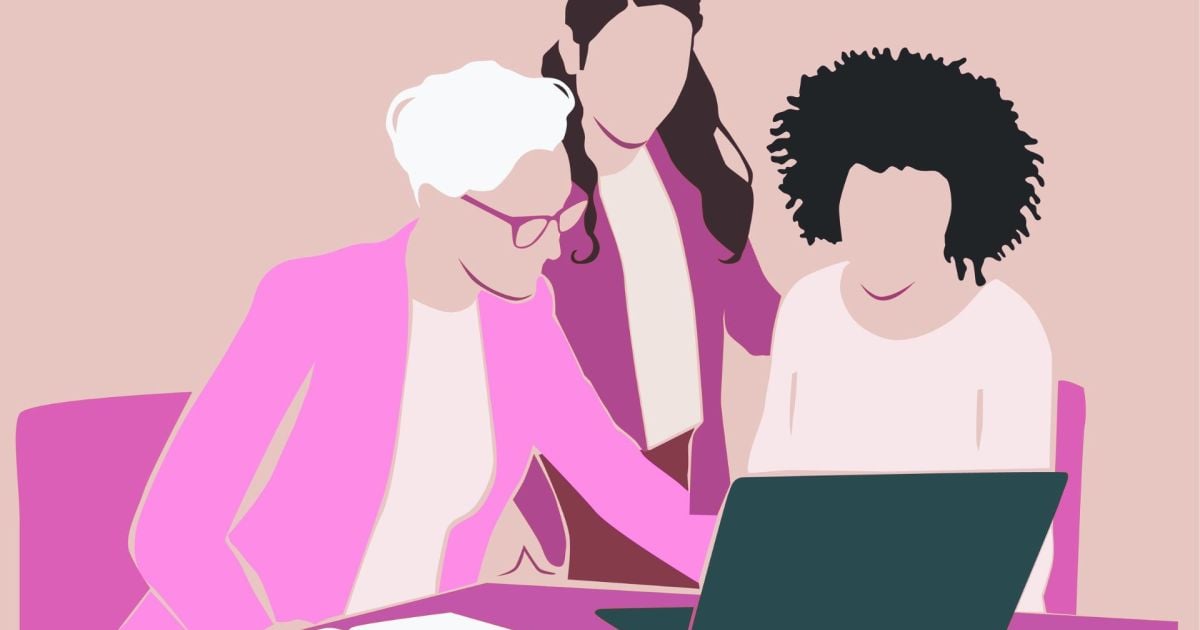It passed off approximately a year ago. I stepped off the subway and spotted an advertisement for a meal transport provider on the station wall. It studies: “When you need an entire cake to yourself because you’re turning 30, which is essentially 50, which is dead.” After many folks squawked about the advert on social media, the organization apologized for attempted humor and what I’d name ageism.

Maybe you should remember another media marketing campaign last fall to encourage younger humans’ participation in the midterm elections. In pursuit of this laudable goal, entrepreneurs invoked every lousy stereotype of older adults — selfish, addled, unconcerned about the future — to scare their juniors into balloting.
Adweek called it “comically savage.” I’d drop the “comically.
Such jabs constitute mere microaggressions compared to the bureaucracy ageism frequently takes pervasive employment discrimination, biased fitness care, media caricatures, or invisibility. When internalized by older adults, ageist views can result in poorer mental and physical health.
“It’s widely widespread and insidious trouble,” stated Alana Officer. She leads the World Health Organization’s global campaign towards ageism, which it defines as “stereotyping, prejudice and discrimination” based totally on age. “It impacts no longer best people, however how we think about regulations.”
As a first step within the marketing campaign, announced in 2016, W.H.O. Has invested 1/2 a million dollars in studies. Four teams around the sector are gathering and assessing the available evidence on ageism — its causes and health consequences, how to fight it, and how it is satisfactory.
Their work will appear in a United Nations report published within a year and could culminate in worldwide mobilization, as organizers desire. One of the research groups at Cornell University has already completed its mission and is ready to post it in the American Journal of Public Health. It brings excellent news. The team spent 12 months and a 1/2 sifting through dozens of articles from the Nineteen Seventies through the remaining 12 months, evaluating anti-ageism applications. Such efforts popped up nationwide after psychiatrist and gerontologist Dr. Robert Butler coined the period of ageism in 1969.



